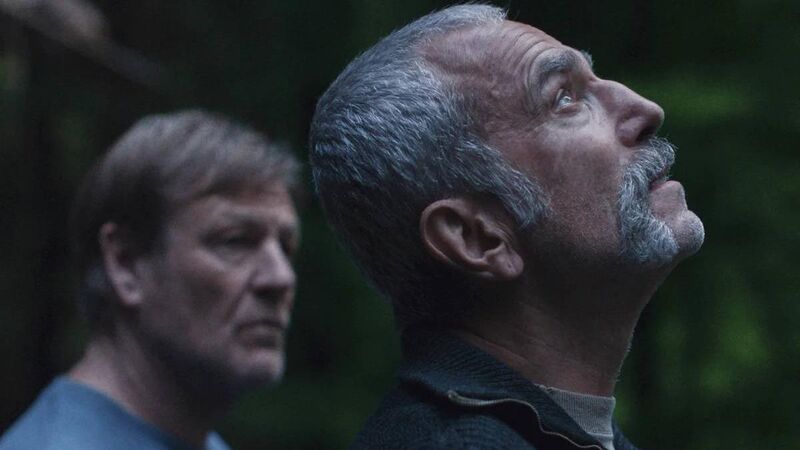Film reviews: Daniel Day-Lewis returns in Anemone — and it's good to have him back

Sean Bean and Daniel Day-Lewis in Anemone
- Anemone
- ★★★☆☆
- Cinematic release
Try from €1.50 / week
SUBSCRIBE
Sean Bean and Daniel Day-Lewis in Anemone
Already a subscriber? Sign in
You have reached your article limit.
Annual €130 €80
Best value
Monthly €12€6 / month
Introductory offers for new customers. Annual billed once for first year. Renews at €130. Monthly initial discount (first 3 months) billed monthly, then €12 a month. Ts&Cs apply.
Newsletter
Music, film art, culture, books and more from Munster and beyond.......curated weekly by the Irish Examiner Arts Editor.
Newsletter
Music, film art, culture, books and more from Munster and beyond.......curated weekly by the Irish Examiner Arts Editor.
© Examiner Echo Group Limited